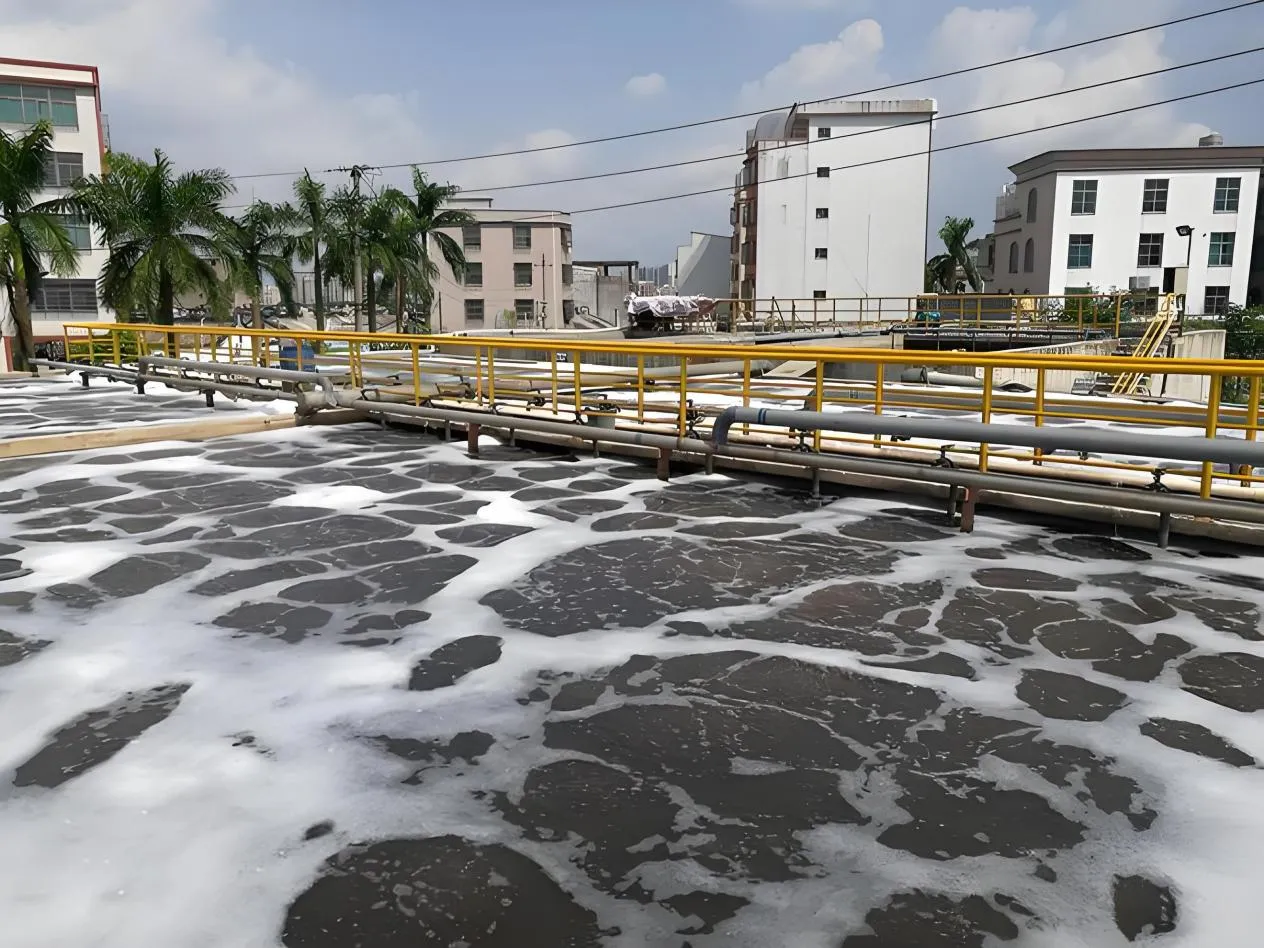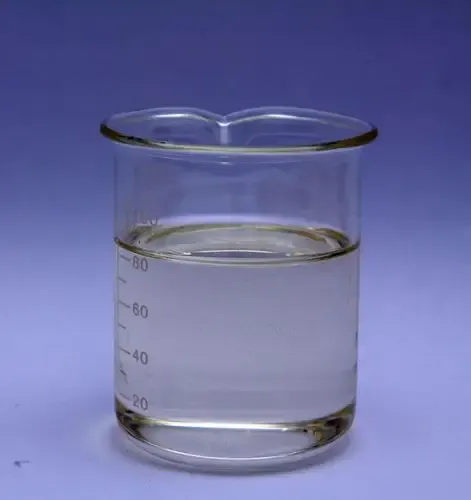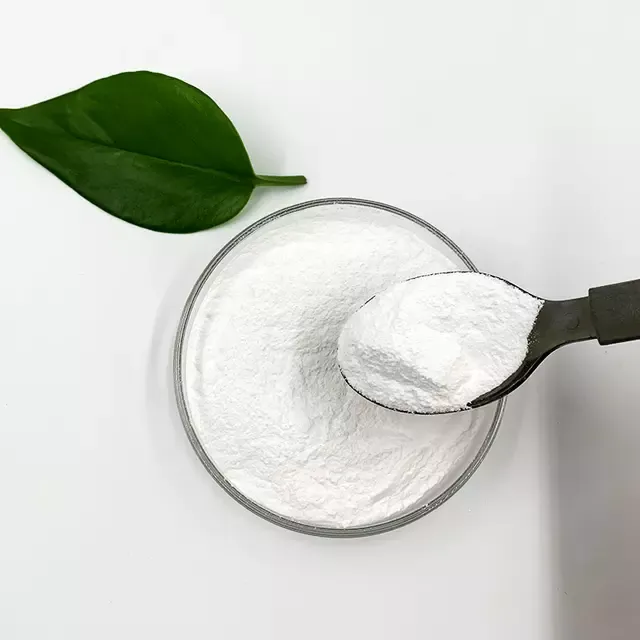
Understanding Types and Uses of Antifoaming Agents
In industrial and manufacturing processes, foam formation can pose significant challenges, disrupting operations, reducing efficiency, and impacting product quality. To combat this, antifoaming agents (or defoamers) are widely used. This article delves into the types of antifoaming agents, their benefits, and their diverse uses across industries.

What are Antifoaming Agents?
An antifoaming agent is a chemical additive designed to prevent foam formation or reduce existing foam in liquids. Foam, which consists of trapped air bubbles, can occur during mechanical agitation, chemical reactions, or aeration in processes. By dispersing these bubbles, antifoaming agents help maintain smooth operations.

Types of Antifoaming Agents
Silicone-Based Antifoaming Agents
- Made from polydimethylsiloxane or other silicone compounds.
- Highly effective in small doses and resistant to extreme temperatures.
- Commonly used in wastewater treatment, chemical manufacturing, and food processing.
Oil-Based Antifoaming Agents
- Derived from natural oils (e.g., mineral or vegetable oil) and often combined with hydrophobic particles like silica.
- Ideal for applications where silicone-based agents are unsuitable, such as certain paints and coatings.

Water-Based Antifoaming Agents
- Consist of water-dispersible substances, often mixed with oils or surfactants.
- Preferred in industries requiring eco-friendly solutions, like paper manufacturing.
Powdered Antifoaming Agents
- Used in powdered or solid products, such as detergents and powdered coatings.
- Effective in dry applications where liquid agents are impractical.

Alkyl Polyacrylates
- Specialized agents designed for applications requiring high chemical stability, such as in industrial lubricants and cutting fluids.
Natural Antifoaming Agents
- Made from natural, biodegradable materials like lecithin or certain fatty acids.
- Gaining popularity in industries prioritizing sustainability, such as organic food production.

Anti-Foaming Agent Uses
Food and Beverage Industry
- Used in fermentation processes to control foam during brewing, baking, and other applications.
- Ensures consistent product quality and prevents spillage during production.
Water and Wastewater Treatment
- Antifoaming agentsbreak down foam caused by organic contaminants in aerated tanks or clarifiers.
- Improves efficiency in biological treatment processes.

Pharmaceuticals
- Added to formulations to prevent foam during mixing or packaging of liquid medications.
- Critical for sterile processes where foam can compromise safety.
Paints and Coatings
- Prevents foam in paints, ensuring a smooth application and finish.
- Also used in adhesives, inks, and varnishes to maintain product performance.

Petroleum and Gas Industry
- Defoamers reduce foam in crude oil extraction, refinery processes, and lubricants.
- Essential for maintaining operational efficiency.
Chemical Manufacturing
- Controls foam in reactors, mixing tanks, and storage containers, ensuring consistent production.
Paper and Pulp Industry
- Prevents foam during pulp washing and paper formation, improving machine runability and product quality.

How Do Antifoaming Agents Work?
Antifoaming agents work by:
-
Breaking Foam:They weaken the surface tension of bubbles, causing them to burst.
-
Preventing Foam Formation:By reducing the liquid’s surface tension, they inhibit foam from forming in the first place.
- Promoting Coalescence:They help small bubbles merge into larger ones, which rise to the surface and dissipate.
Benefits of Using Antifoaming Agents
-
Improved Efficiency:Reduces downtime caused by foam-related issues in machinery or systems.
-
Enhanced Product Quality:Prevents defects in products, particularly in paints, food, and pharmaceuticals.
-
Cost Savings:Minimizes waste and operational inefficiencies caused by foam buildup.
-
Versatility:Available in forms suitable for nearly all industrial applications.

Choosing the Right Antifoaming Agent
Selecting the right antifoaming agent depends on factors like:
-
Process Requirements:Temperature, pH, and compatibility with other chemicals.
-
Application Environment:Liquid viscosity, turbulence, and air entrainment levels.
- Environmental Impact:Preference for biodegradable or food-safe options in specific industries.
Kimdan silicone-based antifoaming agents to eco-friendly natural solutions, the variety of antifoaming agent types ensures there’s a suitable option for every industry. Their applications, spanning food production to petroleum refining, underline their importance in maintaining efficiency and quality. By understanding their uses and benefits, industries can optimize processes, reduce costs, and achieve superior results with the right anti-foaming agents.
-
Wholesale Powder Water Reducing Admixture CP1000: High-Performance Concrete SolutionsNewsAug.04,2025
-
Water Reducing Admixtures in Concrete: Types, Mechanisms, and ApplicationsNewsAug.04,2025
-
Understanding Water Reducing Admixtures in Concrete: Types, Benefits, and Market InsightsNewsAug.04,2025
-
Understanding Redispersible Polymer Powder :Applications and Market InsightsNewsAug.04,2025
-
Redispersible Polymer Powder: Applications and Market InsightsNewsAug.04,2025
-
Polycarboxylate Water Reducers: High-Performance Solutions for Modern ConcreteNewsAug.04,2025





















